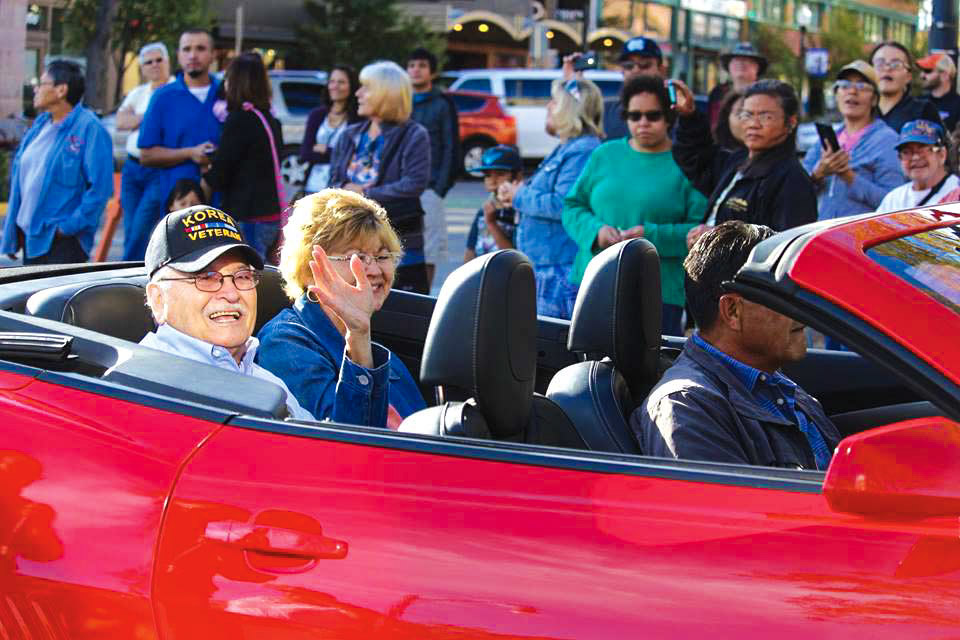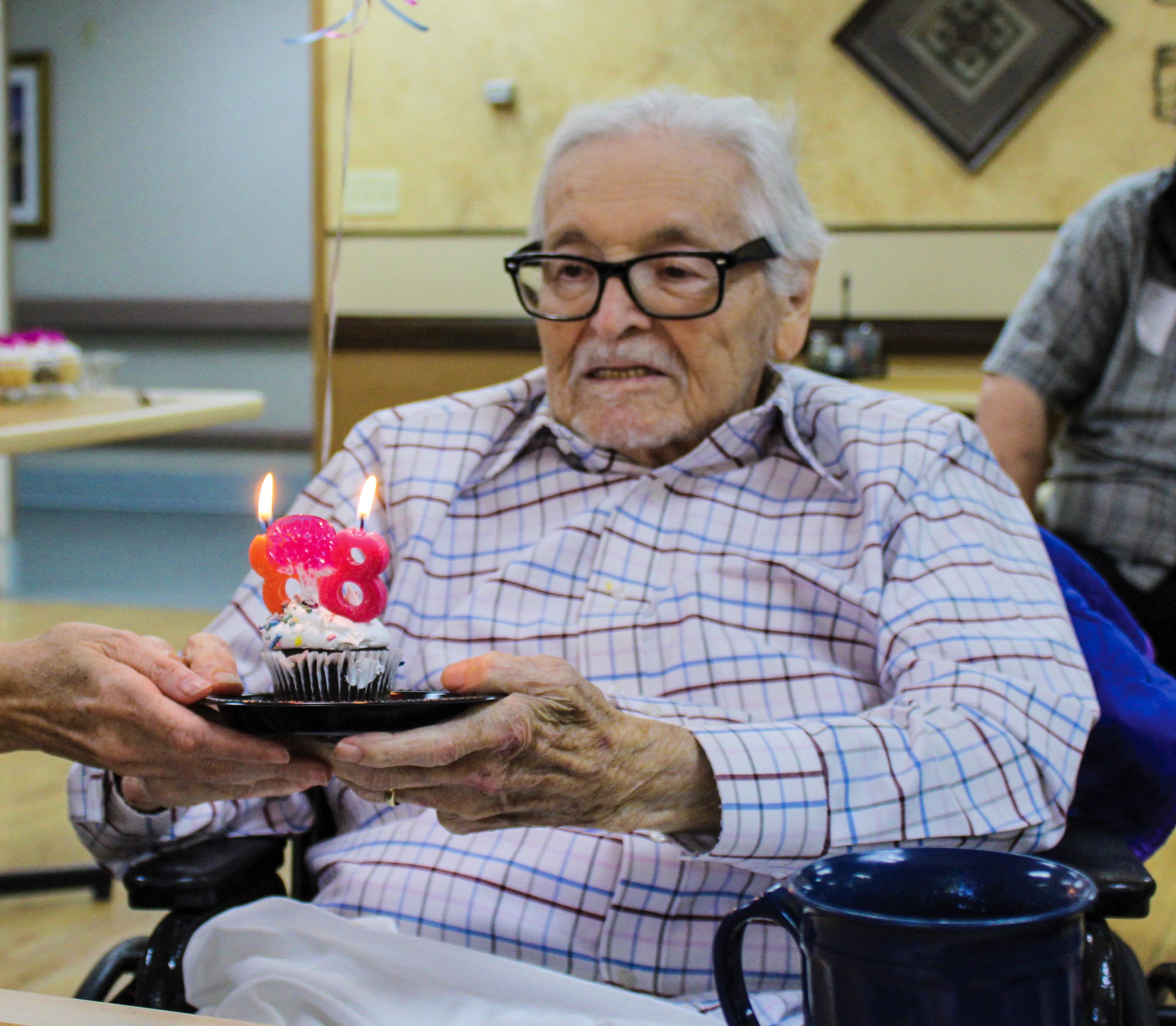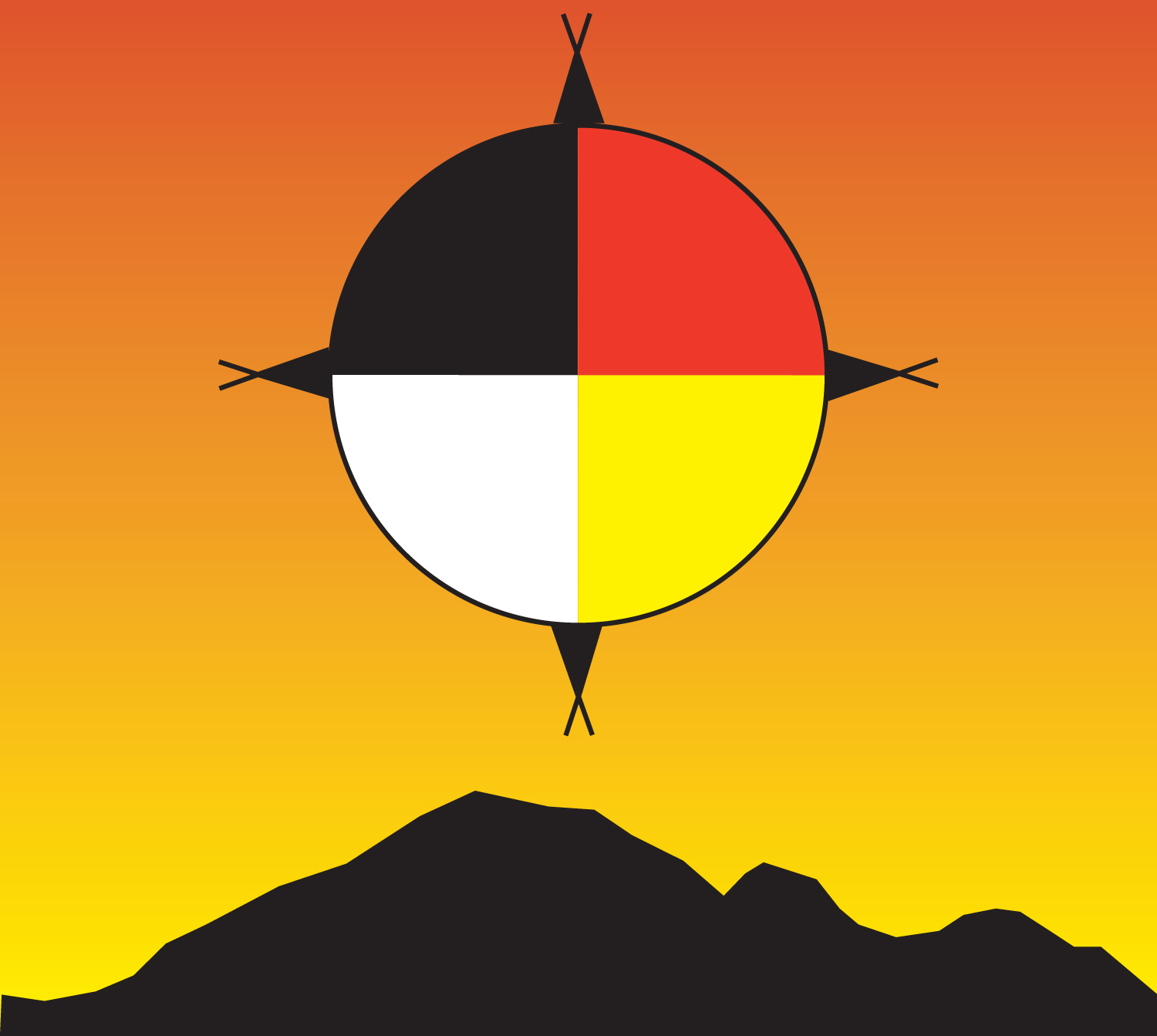Indianz.Com > News > Native Sun News Today: Tim Giago’s legacy lives on with nation’s first Native American Day

He gave us ‘Native American Day’ in South Dakota
Tim Giago’s legacy will live on
Tuesday, August 9, 2022
Native Sun News Today Assistant Editor
RAPID CITY — Tim Giago put his last paper to bed at 8:44 a.m. Sunday, July 24, just a few days after he celebrated his 88th birthday. But those who were fortunate enough to share his life will not put his legacy to bed, the legacy of an Oglala Lakota man who went up against the powers that be to give us “Native American Day” in South Dakota.
Many times over the past 30 years, Giago shared the story behind the founding of Native American Day in South Dakota.
One day in early 1989 Giago, who was the editor and publisher of Lakota Times, set up an interview with Republican Governor George Mickelson.
There is an answer to one question Giago asked that stuck in his mind for a couple of months. He asked Mickelson, “What is the hardest part of your job as governor of South Dakota?”
Mickelson replied, “I am going to give you the same answer my father gave me when he was governor of South Dakota 40 years ago. I asked him that same question and he said ‘Trying to deal with the bad race relations between Indians and whites.’”

NATIVE SUN NEWS TODAY
Support Native media!
Read the rest of the story on Native Sun News Today: He gave us ‘Native American Day’ in South Dakota
Contact Ernestine Anunkasan Hupa at canhunpigiwin@gmail.com
Note: Copyright permission Native Sun News Today
Search
Filed Under
Tags
More Headlines
George Ochenski: Another shameful chapter in treatment of tribal nations
Montana Free Press: Tribes challenge changes in voter registration laws
Cronkite News: Democrats head to primary to fill seat of the late Raúl Grijalva
House of Representatives adds two Indian Country bills to agenda
Tom Cole: The ‘One Big Beautiful Bill’ is a win for America
NAFOA: 5 Things You Need to Know this Week (July 14, 2025)
Chuck Hoskin: Cherokee Nation focuses on culture
Native America Calling: What the Texas flash floods teach us about emergency preparedness
Source New Mexico: Mescalero Apache Tribe seeks answers on internet betting
Native America Calling: What we’ve learned in the 35 years since the Mohawk Resistance at Oka
Native America Calling: Tribes forced to find new clean energy paths
Cronkite News: Republicans push ‘One Big Beautiful Bill’ through Congress
Native America Calling: Residents brace for Medicaid and food assistance cuts
NAFOA: 5 Things You Need to Know this Week (July 7, 2025)
Native America Calling: A kids-eye view of the importance of relatives
More Headlines
Montana Free Press: Tribes challenge changes in voter registration laws
Cronkite News: Democrats head to primary to fill seat of the late Raúl Grijalva
House of Representatives adds two Indian Country bills to agenda
Tom Cole: The ‘One Big Beautiful Bill’ is a win for America
NAFOA: 5 Things You Need to Know this Week (July 14, 2025)
Chuck Hoskin: Cherokee Nation focuses on culture
Native America Calling: What the Texas flash floods teach us about emergency preparedness
Source New Mexico: Mescalero Apache Tribe seeks answers on internet betting
Native America Calling: What we’ve learned in the 35 years since the Mohawk Resistance at Oka
Native America Calling: Tribes forced to find new clean energy paths
Cronkite News: Republicans push ‘One Big Beautiful Bill’ through Congress
Native America Calling: Residents brace for Medicaid and food assistance cuts
NAFOA: 5 Things You Need to Know this Week (July 7, 2025)
Native America Calling: A kids-eye view of the importance of relatives
More Headlines
